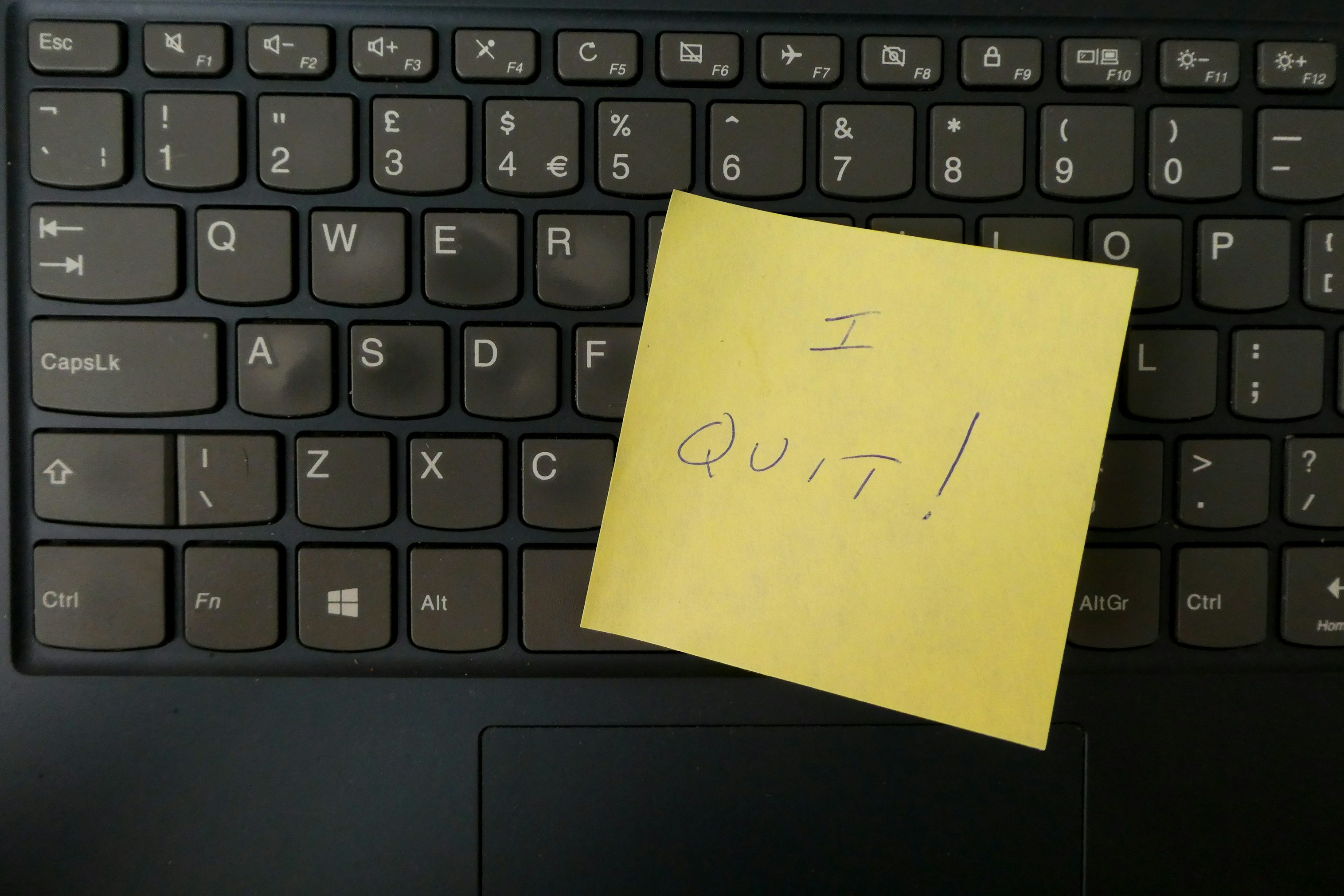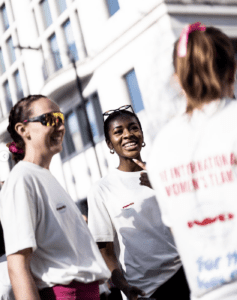Quiet Quitting is the latest buzzword to emerge on TikTok in the past few months, exploding in America and quickly taking over Europe. Contrary to what it sounds like, it isn’t about quitting at all. Instead, it represents a rising trend where employees are actively embracing the traditional concept of ‘work-to-rule’ – but this time, as more of an antidote to relentless work expectations, long hours and post pandemic fatigue. Quiet Quitting builds on the emergence of a culture which embraces the work/life balance.
The term was coined by American TikToker, Zaid Khan aka @Zaidleppelin, who posted a video in July 2022 after his job as a software engineer became all encompassing. In his post on TikTok, he encouraged people to renounce hustle culture and quit “the idea of going above and beyond”, arguing that you as an individual are worth more than just your labour and that “work is not your life”.
In a recent interview, he summarised the reasoning behind the movement, stating that “overworking only gets you so far. And like a lot of us have experienced in the past few years, mental and physical health really takes a backseat to productivity in a lot of these corporate environments.” This idea sure hit home, with his social media post being viewed by 3.5 million people.
@zaidleppelin On quiet quitting #workreform ♬ i thought you wanted to dance – ruby
It is no coincidence that this trend comes with the influx of Gen Z’s joining the corporate world. In a survey carried out by ResumeBuilder.com, 30% of people between the ages 25 and 34 said that within their workplace, they are doing the bare minimum, which is in stark contrast to 8% of workers who are over 54 years of age. This indicates that the younger generation are more inclined to take a step back and remove themselves from certain responsibilities.
It is also clear that the pandemic has changed people’s attitude towards work. An associate professor at the University of Nottingham, Maria Kordowicz, told the Guardian that the rise in Quiet Quitting is linked to a noticeable fall in job satisfaction. She stated “the search for meaning has become far more apparent. There was a sense of our own mortality during the pandemic, something quite existential around people thinking ‘What should work mean for me? How can I do a role that’s more aligned to my values?”.

This heightened sense of self and ability to challenge previously accepted norms is part of the work revolution, where there is a growing confidence that it is good to look after yourself and work life balance is healthy. Quiet Quitting normalises this mindset; it’s not aggressive, but is a clear antithesis to the ‘work every hour you can’ ethos.
But this idea of covert action is not necessarily healthy – both for employees or employers. Stepping aside from certain responsibilities without conversation can create an atmosphere of distrust and secrecy. It would be far more beneficial for employees to be able to have an open dialogue with their employers so that they can create a better working environment and there be greater opportunities for change.
Crucially and undeniably, the role a job plays in our lives has shifted. It means the ways in which we are working – and where we are working from – are changing. And though the pandemic might have been the catalyst for the Great Resignation and Quiet Quitting, this isn’t something that started with the COVID crisis. These feelings of dissatisfaction in the workplace were there already, the pandemic simply acted as an accelerant. Now, employees are prioritising workplaces that cater more to their needs and offer a better work/life balance. Instead, things like flexible hybrid working, ensuring you take lunch breaks and frank discussions about burnout and mental health are seen as the tent poles to a good working environment – and that’s definitely a good thing and one we encourage.
Social media has allowed employees to take matters into their own hands, but with the cost of living and major recession, these trends may well be slowed down – and the quiet confidence that allowed employees to Quiet Quit could be halted altogether.






